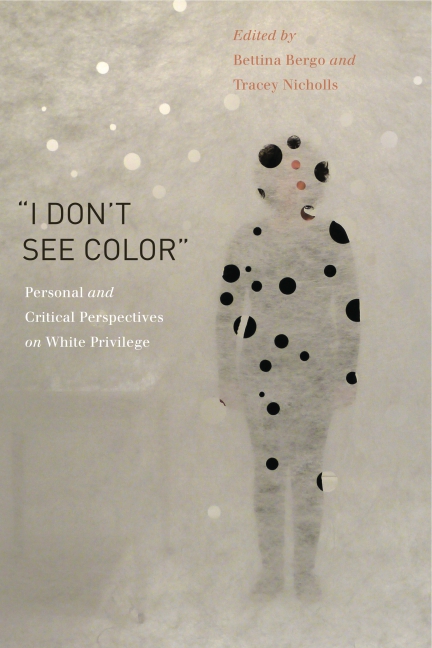The Forgotten Era of Punjabi-MexicansPosted in Articles, Asian Diaspora, History, Media Archive, United States on 2016-01-15 19:20Z by Steven |
The Forgotten Era of Punjabi-Mexicans
OZY
2016-01-13
Nick Fouriezos, Reporter/Researcher
Like a good comedian, Mary Singh Rai picked from her three identities to best suit her listener. “When I’m with Americans, I like to think of myself as one,” the native of Yuba City, California, said in a 2012 interview. But in some ways, the then-89-year-old with the light brown skin and wrinkled cheeks epitomized the American dream more than many others.
A daughter of immigrants, Rai was the result of an unlikely coupling of a Mexican mother and Punjabi father in the Golden State — and decades later, her dual ethnicities were still reflected in her distinctly Hispanic last name and Indian maiden name.
In the early 1900s, a generation of working men from Punjab — a region between the Indian and Pakistani border — laid down their rifles, headed West and picked up farming tools. Many had served in the British Royal Army or its police forces but decided to search for a better life a hemisphere away, in the fertile lands of Southern California’s Imperial Valley. Forming migrant-worker gangs, the Punjabi men were often called “Hindu crews,” but they were really an eclectic mix of Hindus, Sikhs and Muslims who toiled in hopes of earning enough to pay for their wives and children to join them in the land of opportunity. Instead, they found themselves stranded in a country that soon passed a wave of immigration legislation, effectively closing its borders to foreigners…
Read the entire article here.




